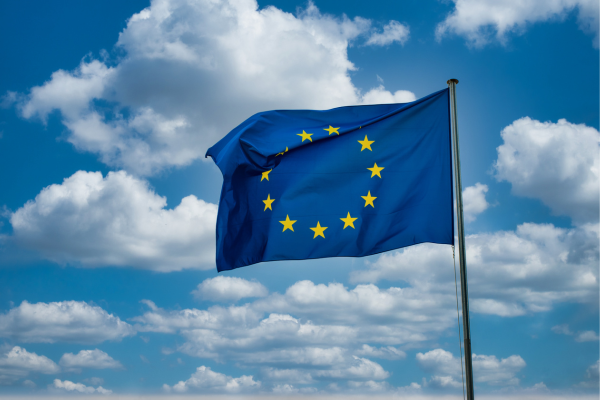BY:
SHARE:

Beware of Incorrect Information circulating on Using Preference when Trading UK-EU under the Trade Cooperation Agreement
Following the publications of our news items on Supplier Declarations (17 November 2021) it has been brought to our attention that credible sources are providing incorrect/ misleading statements about the changes coming in on 1st January 2022 on the use of preference between UK and EU under the Trade Cooperation Agreement (TCA).
The grace period extended to
EXPORTERS under preference comes to an end 31 December 2021. The grace period meant that UK and EU EXPORTERS did not need supporting supplier evidence (Supplier Declarations) prior to stating goods qualify for preference under the TCA on EXPORT invoice statements made within 2021.
Under all Preferential Trade Agreements, holding
SUPPLIER DECLARATIONS in advance of making EXPORTER origin statements is mandatory when the company exporting goods and wanting to issue an invoice preference statement either
- is not the manufacturer of the goods being exported and is exporting them unchanged/ unaltered or just repacked for example, or
- when the manufacture alone is not enough to meet the product specific rules of origin, for example under the 50% Max Non-originating material rule
The grace period meant that
EXPORTERS making invoice statements confirming the goods qualify for UK Preferential origin (or EU Preferential origin if shipped EU to UK) had until 1 January 2022 to get this legally required supporting evidence from suppliers. And the Supplier Declarations must cover exports made throughout 2021 not just exports to be made in 2022.
If an EXPORTER does not have supporting Supplier Declarations in place on 1st January 2022 and has issued the exporter invoice statement that the goods qualify as UK Preferential origin (or EU Preferential origin if shipped EU to UK) in 2021, they must notify their EU Customers (or UK Customers) that supporting evidence is not in place and the customers (the importers) are advised to make voluntary disclosures to the customs authorities in the country of import and repay the duty saved incorrectly under preference because of an unsupported exporter origin statement.
If an EXPORTER does not hold supporting evidence, including Supplier Declarations when relevant, to verify the preference origin of goods:
- the EU importer (or UK customer if goods imported into UK from the EU) will be liable to pay the full (non-preferential) rate of customs duty,
- the exporter may be charged a penalty, and
- the exporter may be excluded from using preferential tariffs going forward
Final point - these SUPPLIER DECLARATIONS must not be sent to your overseas customers, they are for OFFICIAL CUSTOMS AUDIT CHECKS only. Only Customs Authorities in the country of export can ask to see this supporting evidence as the information is often commercially sensitive.
THERE HAS BEEN NO GRACE PERIOD/ EASEMENT for companies claiming preference at IMPORT – either an exporter preference statement was used (U110+U111) or Importers Knowledge has been used (U112). Under IMPORTERS KNOWLEDGE the importing company has legally stated that they - THE IMPORTER (or customs agent if doing an import declaration on behalf of an overseas company) holds all the manufacturing records in the UK (or EU if imported into an EU Member State) at the time of claiming the preference.
If you have used IMPORTERS KNOWLEDGE to claim zero import duty under the EU-UK TCA you are at risk of having to pay back the duty you think you've saved.
IMPORTERS bear the burden of proof if they claim a preferential duty rate at import so they can request a supplier verification statement to confirm the supplier understands the rules of preferential origin in the relevant agreement. This is to support the official exporter origin statement or preference certificate (EUR1/GSP Form A) they have issued and which the importer needs to claim preference. This additional verification is not an official SUPPLIER DECLARATION. It’s part of an importers due diligence procedure but is not a legal requirement. A supplier declaration or verification certificate
is not sufficient to evidence
Importers Knowledge has been met.
If you think you have been affected by mis-statements or unclear messages
please get in touch as we are speaking with HMRC about this issue to see if any misunderstanding of the law can be addressed retrospectively. We are also running a
live specialist clinic on 16 December 2021 covering this confusing topic.
OneCall™ Email assistance as and when required; A one-call solution for all your import, export and customs enquiries. Export help. Import help. Customs help.
Stay informed about customs and international trade matters by subscribing to our OneCall™ service. This comprehensive offering includes a dedicated email helpline for support, timely practical updates direct to your inbox (Did You Know?), monthly UK Customs & Trade Briefings and access to an interactive members' area with an exclusive community for our subscribers.
International Trade Updates & Spotlight Newsletter
Subscribe to our free information emails covering international trade topics...









